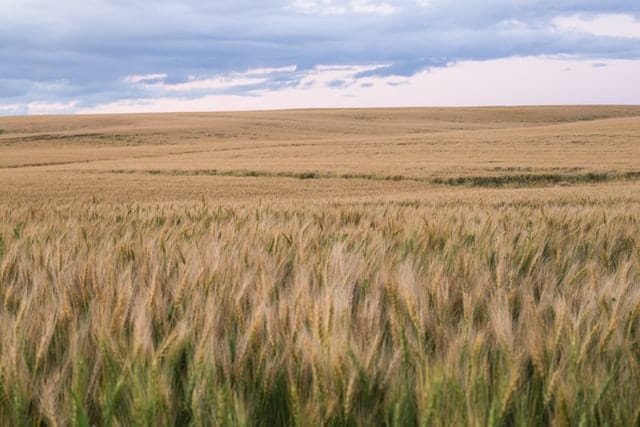On May 2, 2009 the Canadian Food Inspection Agency notified the World Organization for Animal Health that an emerging novel influenza A virus (pandemic H1N1 2009) had been confirmed on a swine farm in Alberta.
Over a 4-week period pigs in this farrow-to-finish operation were clinically affected by respiratory disease consistent with an influenza A virus infection and the presence of active viral infection was confirmed in all production areas by real-time polymerase chain reaction (RT-PCR).
Despite clinical recovery of animals, there was reluctance by purchasers to receive animals from this operation due to concerns about the effect on both domestic and international markets.
The owner decided to depopulate the entire herd due to impending welfare issues associated with overcrowding and economic concerns resulting from the inability to market these animals.
Carcasses were rendered or composted and did not enter the human food or animal feed chain. The source of virus in this herd was determined to be an infected human.
Zoonotic transmission to 2 individuals responding to the outbreak was suspected and recommendations to prevent occupational exposure are discussed.
